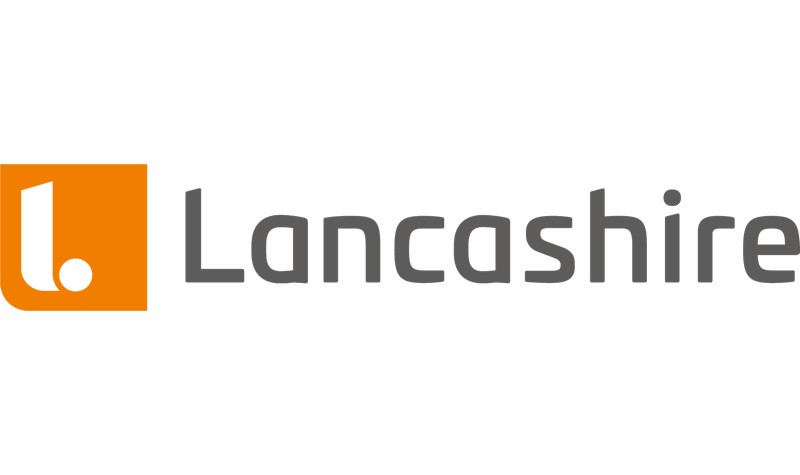Lancashire expands, adds Gressier as NED, third-party capital contribution dips

Specialty insurance and reinsurance group Lancashire Holdings continued to grow into the firming marketplace during the first-half of 2022 and delivered strong underwriting results across the business, although its third-party capital management underwriting fees and profit commission declined.
Lancashire has been growing strongly and through the first-half of 2022 added 34.6% to its gross premiums written year-on-year, taking them to $938.1 million.
The company delivered a strong underwriting result which has pleased analysts that had been concerned over potential impacts from the conflict in Ukraine, but Lancashire’s estimate remains at the lower-end of its original range for impacts from the war and its underwriting performance delivered a combined ratio of 78% and profit before tax of $78 million.
The investment environment dented Lancashire’s overall result, with the company reporting a -3.8% investment return (an investment loss of $85.8 million) and a comprehensive loss of $7.1 million as a result.
The company remains bullish on future growth opportunities as this is precisely the kind of insurance and reinsurance market environment Lancashire is known to capitalise on.
CEO Alex Maloney said, “While broader macro-economic issues are impacting the outlook for the global economy, we believe that the strong rate environment for many of our products is the best we have seen for more than a decade and that it will continue through the second half of 2022 and into 2023. This includes risk- adjusted rate rises and attractive opportunities across lines impacted by the conflict in Ukraine.
“We continue to be strongly capitalised giving us the firepower to execute our long-term strategy to
grow premiums where we believe there are attractive returns while retaining our strict focus on underwriting discipline.”
This morning, Lancashire also announced the appointment of well-known industry executive John “Jack” Gressier as a Non-Executive Director of the company.
Jack Gressier has over 30 years of insurance and reinsurance industry experience and was previously the CEO of Axis Insurance and COO of Axis Capital, as well as Chairman of Herminius a strategic advisory firm.
Peter Clarke, Lancashire’s Chairman, commented on the appointment, “We are very pleased to welcome Jack to the Lancashire Group as a Non-Executive Director. Jack has longstanding and deep experience as an underwriter, senior executive and director within the London and international insurance industry. His extensive insurance experience will bring additional expertise to the Lancashire Board. Jack will also serve as a member on both our Underwriting & Underwriting Risk Committee and the Remuneration Committee.”
At Lancashire Capital Management Limited, the third-party capital collateralised reinsurance underwriting arm of the group, the first-half of 2022 saw fees and commissions dipping.
Gross premiums written by LCM declined to $38.4 million for the first-half, considerably down on the prior year $124.5 million.
Timing is always important with these items, as losses from prior years can affect how fees and commissions flow to the companies earnings, as well as the availability of collateral to be redeployed.
Lancashire Capital Management’s underwriting fees were $0.9 million for the first-half of 2022, down from $2.4 million in the prior year, while profit commission was $0.1 million, down from $3.6 million.
More positively though and also more reflective of results of the unit, Lancashire’s share in the profit of its associated Lancashire Capital Management is reported as $2.4 million, up significantly on the prior years $0.3 million.
So, while the overall earnings from the third-party capital and collateralized reinsurance business are down, largely due to timing on earnings from prior underwriting cycles, the profit share is up suggesting a more benign period of loss activity this year so far for the LCM strategy.






